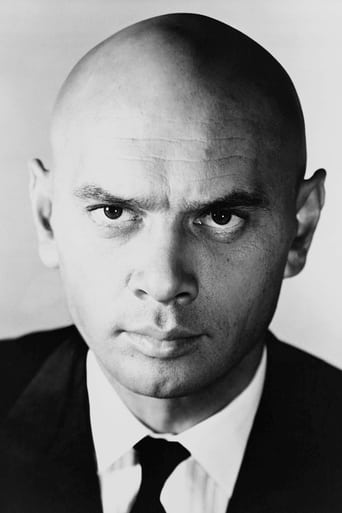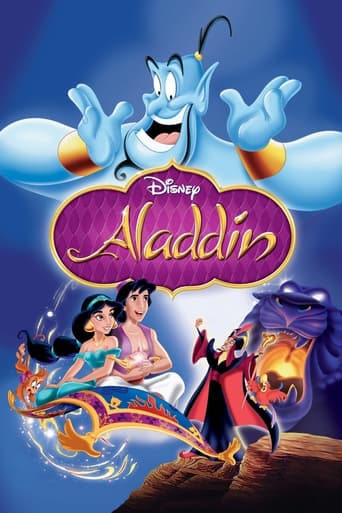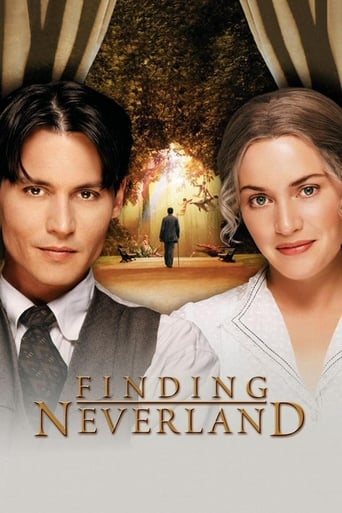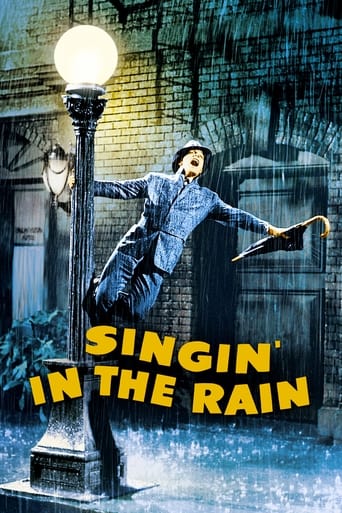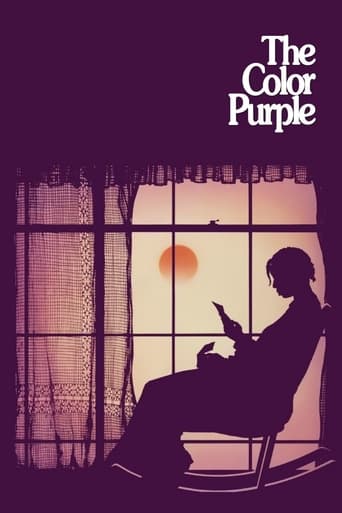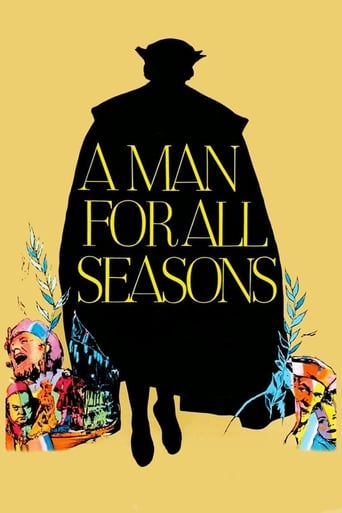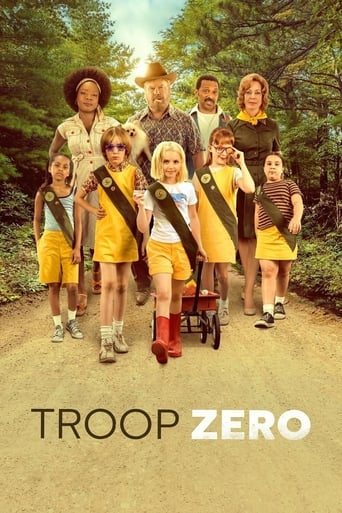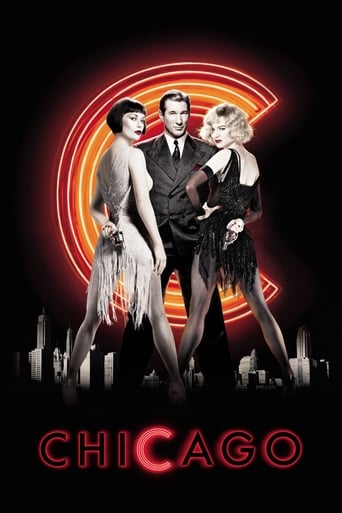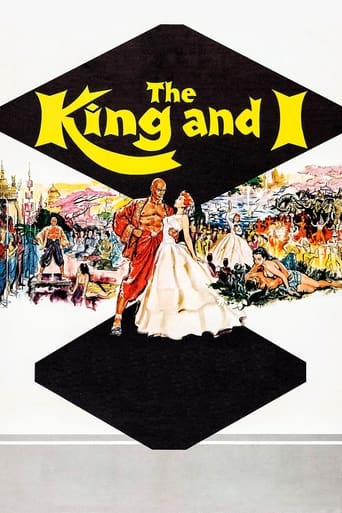
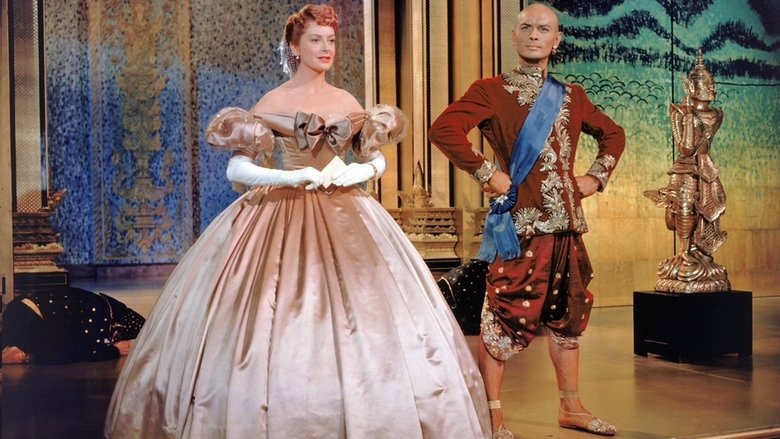
The King and I (1961)
Widowed Welsh mother Anna Loenowens becomes a governess and English tutor to the wives and many children of the stubborn King Mongkut of Siam. Anna and the King have a clash of personalities as she works to teach the royal family about the English language, customs and etiquette, and rushes to prepare a party for a group of European diplomats who must change their opinions about the King.
Watch Trailer
Cast


Similar titles
Reviews
Deleted songs: "My Lord and Master" (Moreno dubbed by Leona Gordon), "Shall I Tell You What I Think of You?" (Kerr dubbed by Marni Nixon), "I Have Dreamed" (Moreno dubbed by Leona Gordon, Rivas), "Western People Funny". Except for the last-named, all these song numbers were shot and recorded — indeed they appear on the official movie sound track album. Copyright June 1956 by 20th Century-Fox Film Corp. New York opening at the Roxy: 28 June 1956. U.S. release: July 1956. U.K. release: 8 October 1956. London opening at the Carlton Haymarket. Australian release: 13 December 1956. Sydney opening at the Regent. 11,982 feet. 133 minutes. SYNOPSIS: A British widow journeys to 1862 Bangkok to take up a position as governess to the king's children. NOTES: A re-make of Fox's 1946 film "Anna and the King of Siam", which starred Irene Dunne, Rex Harrison, Linda Darnell, Lee J. Cobb and Gale Sondergaard in the roles now played by Kerr, Brynner, Moreno, Benson and Saunders, respectively. The movie was directed by John Cromwell from a screenplay by Talbot Jennings and Sally Benson.Originally filmed in CinemaScope 55, using modified Grandeur cameras, the film was converted to Grandeur 70mm and re-released 23 March 1961.Yul Brynner, Gertrude Lawrence (replaced by Constance Carpenter when she died of hepatitis on 6 September 1952), Dorothy Sarnoff and Doretta Morrow starred in the original 1951 Broadway play which ran for no less than 1,246 performances. Brynner played the king no fewer than 4,000 times in his career. Truly the role he was born to play.Best Actor, Yul Brynner (also cited for Anastasia and The Ten Commandments) — National Board of Review. Best Film of 1956 in the Film Daily's annual survey of over 500 American critics and commentators. One of the Ten Best Pictures of 1956 — Bosley Crowther in The New York Times. Negative cost: $6.5 million. Gross rental receipts from initial North American release: $8.5 million, making it Fox's top-grossing domestic release of 1955-56, and second to "Guys and Dolls" at the 1956 U.S. box-office.In terms of the number of admission tickets sold world-wide, "The King and I" was easily the most popular musical of the 1950s. Unlike "South Pacific", the decade's box-office champion in actual money terms, "The King and I" was not widely road-shown but played regular seasons at regular prices. Fox's second and final film to be shot in CinemaScope 55. (see "Carousel"). The studio's 56th CinemaScope feature.COMMENT: I thoroughly enjoyed it — the music, the sets, the costumes, all the dazzlingly exotic oriental opulence, and above all the awesomely charismatic Yul Brynner — except for a single black mark. I can't stand Deborah Kerr. Often when you can't bear the sight or sound of somebody, the fault is yours, not theirs. In the case of my aversion for the latter-day Miss Kerr, however, the blame is entirely hers. She used to be a delightful girl. There was something appealingly hoydenish, yet vulnerable, innocent and naive in her screen characterizations. In "I See a Dark Stranger", for instance, she was so perfectly delightful that she held the film's interest single- handedly at times, as the plot meandered all over the countryside. But then she decided to change her personality from warm and vital to patronizing and cold, from unreservedly friendly and trusting to snobbish and detached. Worse, Deborah changed her pleasant voice and melodious accent to a sort of theatrical gentrified delivery to match her new screen persona. I will admit that she is well cast in "The King and I". The role has been expertly tailored for her. But I can't help hankering for either the Deborah Kerr that was, or for the warmth, the humanity, the sympathy that Gertrude Lawrence brought to the stage version.
The King and I, the everlasting tale of friendship and kind love that many around the world have been able to enjoy over generations. The story is loosely based on events that took place in the middle of the 19th century, when modern-day Thailand was the Kingdom of Siam. The whole story evolves around the relationship that the King Mongkut of Siam (Yul Brynner, who was destined to play the role) and Anna Leonowens (played by Deborah Kerr), the English teacher hired by the Kingdom to educate the royal children about the world around them. At the beginning of the movie, a clash of civilization could not be more evident as the King of Siam with his own peculiarities confronts his disguised personal teacher. As things evolve, a unique chemistry develops between the two characters, which transcends cultural lines. In their own subtle ways, the actors display a wide-range of emotions which is difficult to capture in any film. The film also provides a rare view of Rita Moreno's artistic range in her beloved character of Tuptim, the always faithful lover.The movie is indeed not a biopic of true events or an accurate depiction of the Kingdom of Siam at the time, but rather a display of well-crafted cinematography weaved with beautiful songs by Rodgers and Hammerstein and superb choreography by the masterful Jerome Robbins.The King and I will remain as a lasting testament of a generation of producers who saw their jobs as setting cultural references and bringing together all the necessary artistic elements to make masterpieces, who many still enjoy.
It's 1862 Siam. Anna Leonowens (Deborah Kerr) and her son Louis arrive in Bangkok. She's a strong-willed English lady who lost her husband. She's been hired to teach English to the children of King Mongkut (Yul Brynner). Prince Chulalongkorn is the oldest of the students. Kralahome is the Prime Minister. Tuptim (Rita Moreno) is a gift to the King from Burma although she's in love with Lun Tha. Lady Thiang is the head wife. The King is looking to modernize. Kralahome warns him of encroaching English imperialism. England sends Ambassador John Hay and his aide Sir Edward Ramsay who turns out to be Anna's former love.The colorful set designs and costumes are amazingly beautiful. They are grand and really pops on the screen. There are some classic songs like 'Getting to Know You'. This is a big lavish production. Yul Brynner is utterly memorable although his singing is nothing to write home about. He would win the Oscar along with the music, costumes, and set designs.
Although it's a rather difficult choice to make, this is probably my favorite R&H-scored film. Like the others, it's filled with mostly memorable songs. However, the screenplay, lavish sets, quite exotic setting, cinematography, and up and down relationship between the main characters, played by Yul Brynner and Deborah Kerr, are equally important in giving it a superior rating. Based upon the historic 6 year relationship between world-traveling, widowed, Brit Anna Leonowens and Thai King Mongkut, it introduces some significant fabrications, especially as relates to the controversial last portion, when The King somehow wills his death, after a very emotion confrontation with Anna over his imminent flogging of harem girl Tuptim for her disloyalty in running away with her preferred lover. Historically, The King died suddenly of malaria, after Anna had left for Britain, she being dissatisfied with some of the terms of her employment. By then, she was no longer teaching the palace children and women, but serving as The King's secretary, as suggested in a scene where The King is dictating a letter to President Lincoln, offering to send some male war elephants to help defeat the seceding states. This scene, as many, suggests that The king regards females as grossly inferior to males. Also, he took very seriously the custom of his subjects prostrating themselves before him, never being higher than his head. This functions as a running gag, along with the too frequently repeated "etc., etc.,etc.", even being included in the King's death scene. This is in contrast to the historic King, who actually instituted some reforms, raising the status of women, although he didn't go far enough for the critical feminist Leonowens. His son and successor , Chulalongkorn, would, over a much longer reign, institute many more reforms, as minimally suggested in the finale. As suggested earlier in the film, both kings were largely motived to institute radical legal, financial and political change to discourage being taken over as a protectorate of some European power, most probably the UK. However, as I understand the meaning of the last portion of the film, The King is conflicted as to whether to enforce his traditional way of dealing with a personal crisis, which Anna labels as barbaric, or do what she recommends. The King was determined not to appear 'barbaric' to western observers, yet felt emasculated in giving into Anna's criticism of his traditional way of dealing with the crisis. Thus, he felt he had to die, and hand over his throne to his young son, who lacked his 'baggage' of a long life of traditional Thai culture, and thus presumably felt more free to institute many European-based social and political reforms. The historic Chulalongkorn was actually mid-teen, rather than the younger boy cast, when called upon to assume the throne. Although he had a regent for a few years, he felt considerably more qualified as a young king than the boy in the film, who has to initially lean on others, including Anna, in beginning to take on the role of king.Although The King periodically says that he is determined not to be considered by Europeans as a 'barbarian', in fact, Brynner, comes across as looking and often acting like a classic palace-bound pampered oriental despot, with his large harem, shaved head, bare feet, frequent menacing look with semi-oriental eyes, sometimes with defiant Mussolini-like hands on hips or arms folded across his chest posturing, frequent finger-pointing, and generally bombastic persona. That is the central irony of the screenplay! Adding to this irony, Anna periodically states that she doesn't consider him a 'barbarian'. Yet, clearly, she(as representative of a western audience) considers some of his excesses in trying to demonstrate his overpowering authority as king as symptomatic of a 'barbarian'...Of course, Brynner had plenty of practice on stage to perfect this persona. As some have pointed out, he often acts as if he is speaking to a live audience, rather than a film audience. However, this exaggerated bravado and gesticulations actually much enhances the irony of the conflict between our perception of him and his verbal statements of how he wishes to be regarded.Scottish-born Debora was quite good in her role as a school-marmish independent-minded feminist, who refuses to be squashed by The King's immense ego, but sometimes diplomatically accommodates his disapproved actions, in the hope that eventually she can change him. Their relationship rather resembles that of a marriage between two very head-strong people, who eventually divorce, after periodic threats of separation over disagreements. Although Anna clearly couldn't become one of The King's harem, just before he dies, The King gives her a valued ring to wear , in remembrance of him: thus functioning as sort of a wedding ring, in recognition of his respect for her gumption and frequent wise advice.The forbidden romance between new harem girl Tuptin(Rita Moreno) and her Burmese boyfriend Lun Tha provides a somewhat visible romance , in a story where the lead male and female clearly cannot fully express their romantic feelings toward each other. This romance also provides the impetus for the unique "Uncle Tom's Cabin" production, in a traditional Thai drama style, as well as the tragic-appearing last portion of the film. We are left perhaps wondering what became of Tuptin, after she is dragged out of the room, having learned that her boyfriend drowned himself after her recapture. Did she also commit suicide? That would have been too much sudden tragedy for the ending of a musical. Her great granddaughter claims this historic woman became one of Chulalongkorn's harem.The melody for one of my favorite songs in this film: "Getting to Know You", was a reject from the previous "South Pacific", but fits in quite well with Hammerstein's new lyrics.Perhaps I especially like this film because, as a Westerner, I am married to a SE Asian from a traditional agrarian culture and, yes, we are both quite headstrong.



